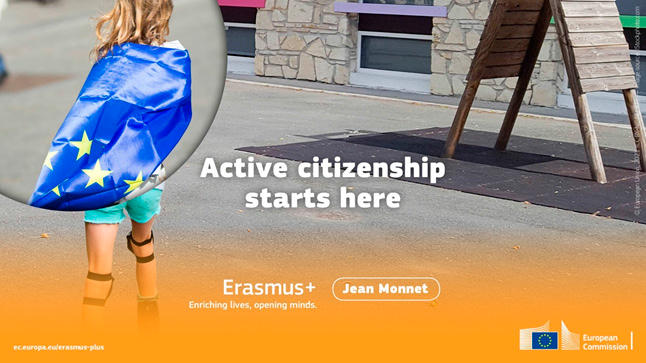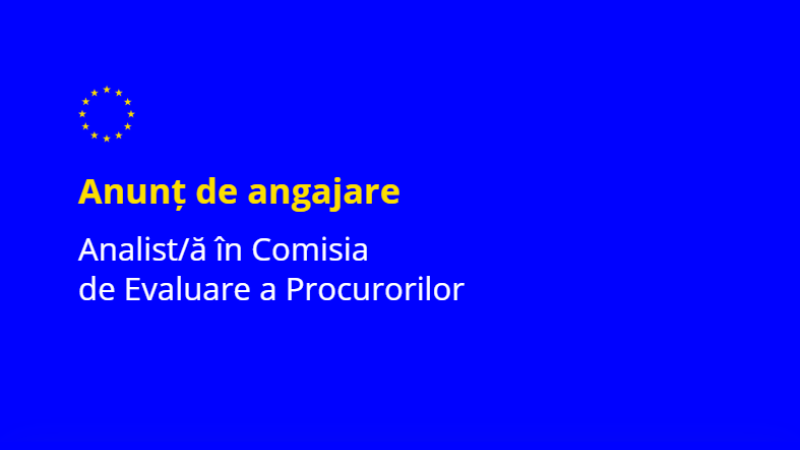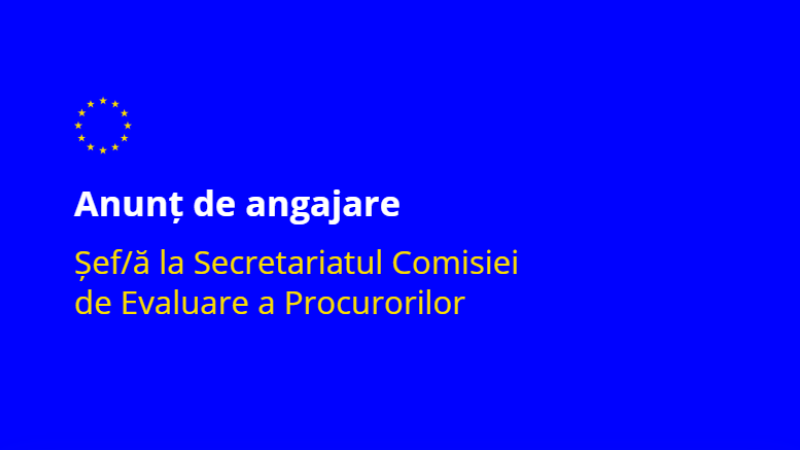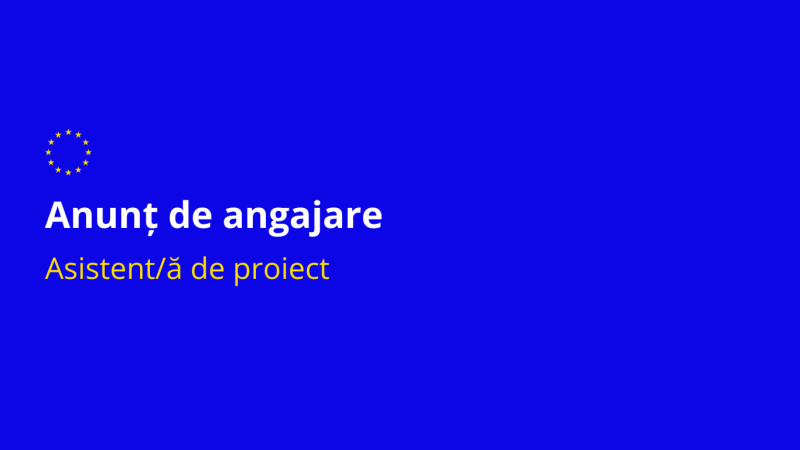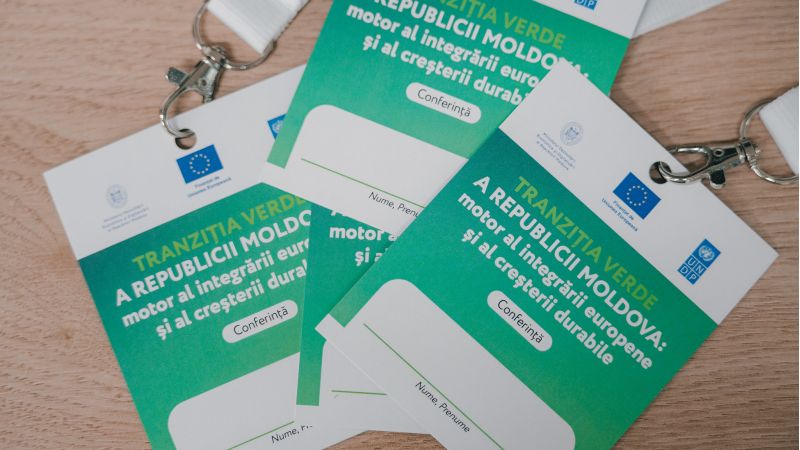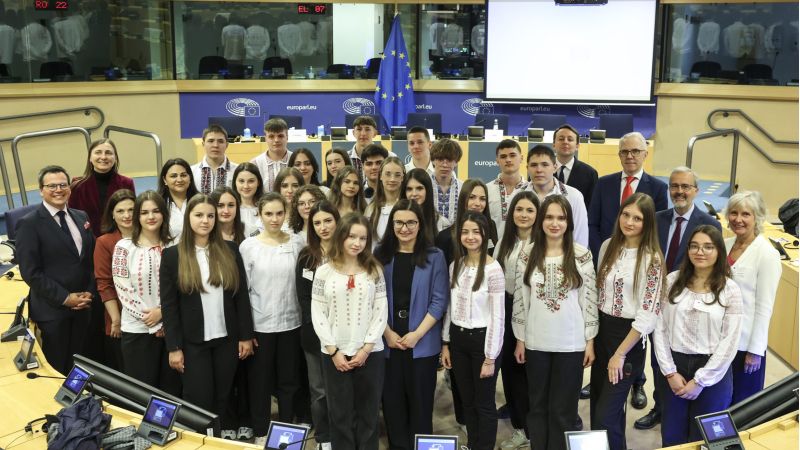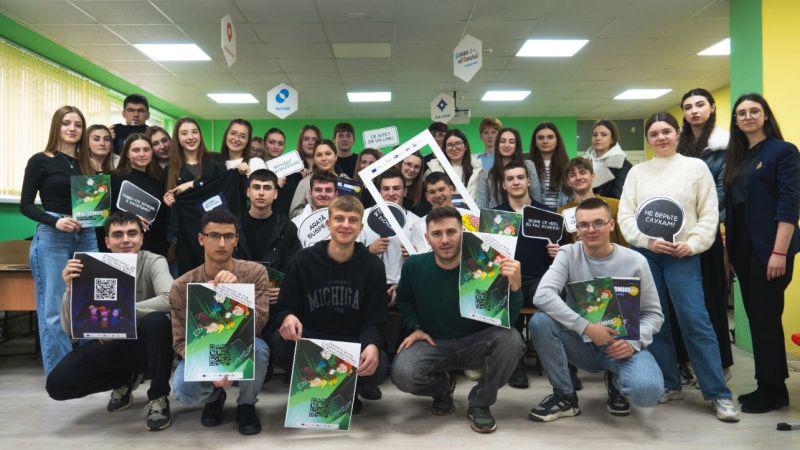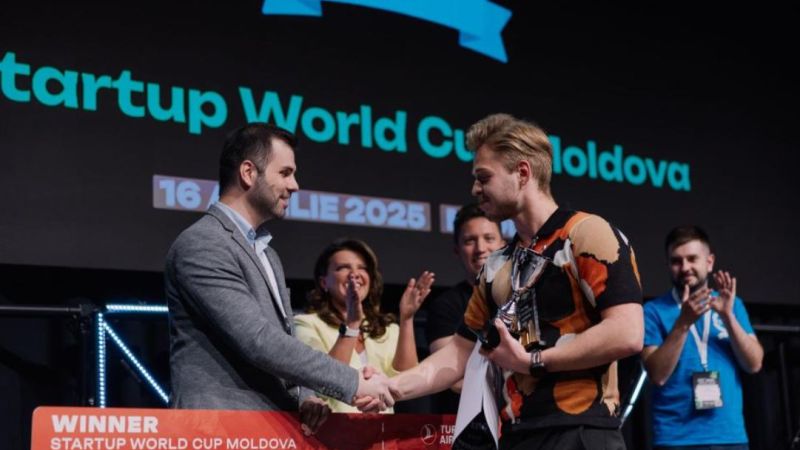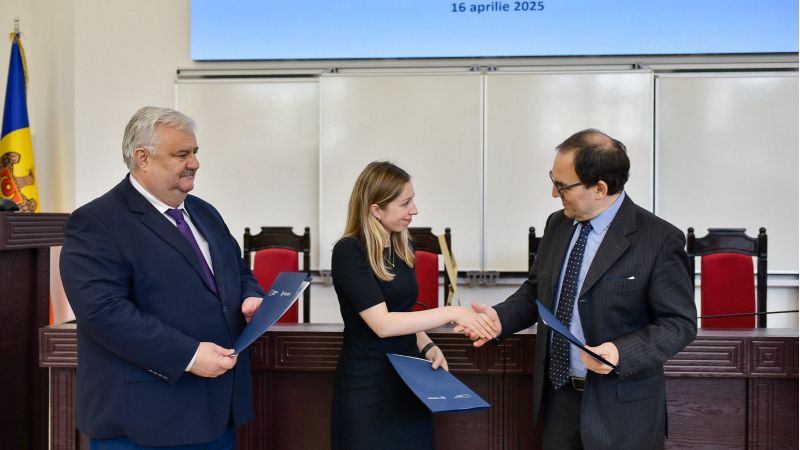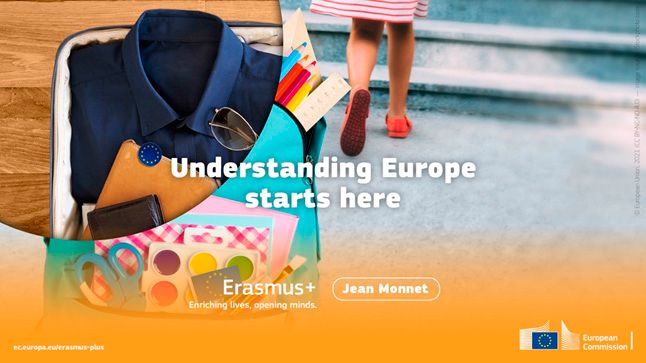
CINCI NOI PROIECTE CÂȘTIGĂTOARE ERASMUS+ JEAN MONNET PENTRU UNIVERSITĂȚILE DIN REPUBLICA MOLDOVA
Agentia Executivă pentru Educație și Cultură a Comisiei Europene (EACEA) a făcut publice rezultatele selecției 2022 pentru proiectele Erasmus+ Jean Monnet. Astfel, instituțiile de învățământ superior din Republica Moldova au câștigat un număr record de cinci proiecte Jean Monnet în valoare totală de 279.243 euro. Acestea vor complementa alte 22 proiecte Jean Monnet implementate deja în cadrul universităților din țară.
Proiectele Erasmus+ Jean Monnet vizează promovarea excelenței în predare și cercetare în domeniul studiilor privind Uniunea Europeană la nivel mondial. Prin această acțiune Comisia Europeană urmărește promovarea dialogului între mediul academic și factorii de decizie, în special, cu scopul de a consolida guvernanța politicilor UE. Astfel, sunt luate în calcul proiectele care vor îmbunătăți și vor inova programele de studiu în domeniul Uniunii Europene, vor crește capacitățile universităților de a atrage studenți excelenți, vor consolida cooperarea cu partenerii internaționali și vor crește alocările de resurse financiare pentru predare și cercetare in domeniul studiilor UE în cadrul instituției.
Proiectele câștigătoare în cadrul selecției 2022 pentru Acțiunile Jean Monnet din Republica Moldova sunt următoarele:
- Consolidarea sustenabilității democratice prin educație civică (Strengthening democratic sustainability through civic education) – Academia de Administrare Publică;
- Uniunea Europeană – spațiul justiției, securității și libertății (European Union – Area of Justice, Security and Freedom) – Academia de Administrare Publică;
- Europenizarea Moldovei prin economia circulară pentru consumatori (Europeanisation of Moldova through a circular economy that works for consumers) – Academia de Studii Economice din Moldova;
- Studii UE pentru protecția drepturilor omului și soluționarea alternativă a litigiilor (EU Studies for Human Rights Protection and Alternative Dispute Resolution) – Universitatea de Stat din Moldova;
- Dezvoltarea identității europene prin cultură în procesul de integrare europeană (The European Identity Development Through Culture in the Process of European Integration) – Academia de Muzică, Teatru și Arte Plastice.
Tematicile abordate până în prezent în cadrul proiectelor Jean Monnet de către instituțiile din Republica Moldova au ținut de fenomenul migrației în raport cu securitatea UE, dezvoltarea industrială sustenabilă, integrare economică în UE cu accent pe sectorul agriculturii, protecția proprietății intelectuale, dezvoltarea identității europene prin cultură, dar și diplomația economică ca instrument de politici externe.
